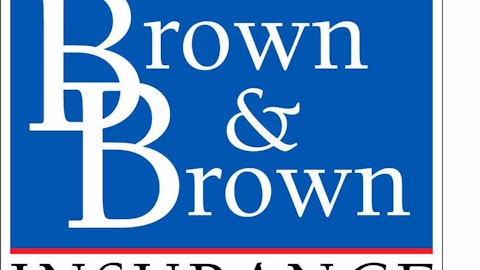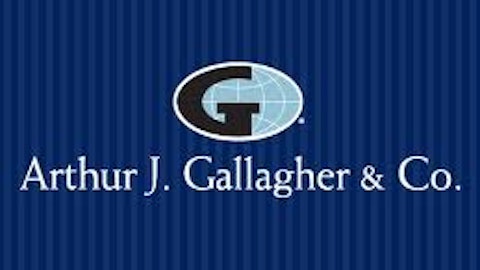Richard Driehaus is determined to kill the merger deal between Towers Watson & Co (NASDAQ:TW) and Willis Group Holdings PLC (NYSE:WSH) and has issued a second public letter in which he expresses his conviction that the deal is detrimental to Towers Watson shareholders’ interests. His fund, Driehaus Capital holds a little over 1.0 million shares of Towers Watson, which represent roughly 1% of the company’s common stock. Hedge funds in general have mixed sentiment towards this stock, so why is Driehaus so sure Willis should improve its offer? We’ll explain Driehaus’ reasoning below as well as discuss the company’s recent financial results and hedge funds’ views on the stock.

Hedge fund wizard Richard Driehaus bought his first stock when he was 13 years old. He has had a passion for the stock market ever since, and has built Driehaus Capital into an investment firm that currently manages more than $10 billion in assets under management. He employs a momentum investment strategy, which assumes buying a stock on the belief that it will continue to soar, rather than buying on the cheap and looking for a turnaround. As of the end of the second quarter, Driehaus is betting big on stocks from the technology and consumer discretionary sectors, which account for 45% of his public equity portfolio, which is valued at more than $2.7 billion. HDFC Bank Limited (ADR) (NYSE:HDB) continues to be his favorite stock, as the fund reported a 6% increase in the stake over the second quarter to 1.08 million shares. Driehaus has also added to his investments in Facebook Inc (NASDAQ:FB) and Staples, Inc. (NASDAQ:SPLS), taking them to 625,677 shares and 3.49 million shares respectively.
Follow Richard Driehaus's Driehaus Capital
Most investors can’t outperform the stock market by individually picking stocks because stock returns aren’t evenly distributed. A randomly picked stock has only a 35%-to-45% chance (depending on the investment horizon) to outperform the market. There are a few exceptions, one of which is when it comes to purchases made by corporate insiders. Academic research has shown that certain insider purchases historically outperformed the market by an average of seven percentage points per year. This effect is more pronounced in small-cap stocks. Another exception is the small-cap stock picks of hedge funds. Our research has shown that the 15 most popular small-cap stocks among hedge funds outperformed the market by nearly a percentage point per month between 1999 and 2012. We have been forward testing the performance of these stock picks since the end of August 2012 and they have returned 118% over the ensuing 36 months, outperforming the S&P 500 Index by 60 percentage points (read the details here). The trick is focusing only on the best small-cap stock picks of funds, not their large-cap stock picks which are extensively covered by analysts and followed by almost everybody.
The deal between Willis Group and Towers Watson was first announced on July 1 and shareholders of Towers Watson were taken aback by the offer: they would receive 10% less than the value of their shares on the day before the announcement. According to the details of the agreement, they would get 2.649 shares of Willis Group and a one-time dividend of $4.87 a share in exchange for 50.1% of Towers Watson ownership. As a result, the deal is likely to be voted down by shareholders, with Driehaus Capital making public their decision to vote against it.
In its latest letter, Driehaus underlines several aspects of the deal that are leading it to believe the management of Towers Watson has a hidden agenda. Firstly, it points to an average premium of approximately 30% in similar merger deals over the years, while in this case shareholders are promised a value far inferior to the market share price before the announcement. Secondly, Driehaus draws attention to the fact that John Haley, CEO of Towers Watson, disposed of more than 55% of his stake in the company by the end of 2015 first quarter, while the companies were discussing the merger deal, and is also addressing some tax benefits tied to the deal. Richard Driehaus is urging for a revision of the deal, pointing to the fact that a higher dividend could easily be supported by Willis Goup in order to provide Towers Watson shareholders with a fair value for their stake in the company. Should the management dismiss this request, Driehaus is confident the deal will be voted down.
Follow Towers Watson & Co. (NASDAQ:TW)
Follow Towers Watson & Co. (NASDAQ:TW)
Receive real-time insider trading and news alerts




